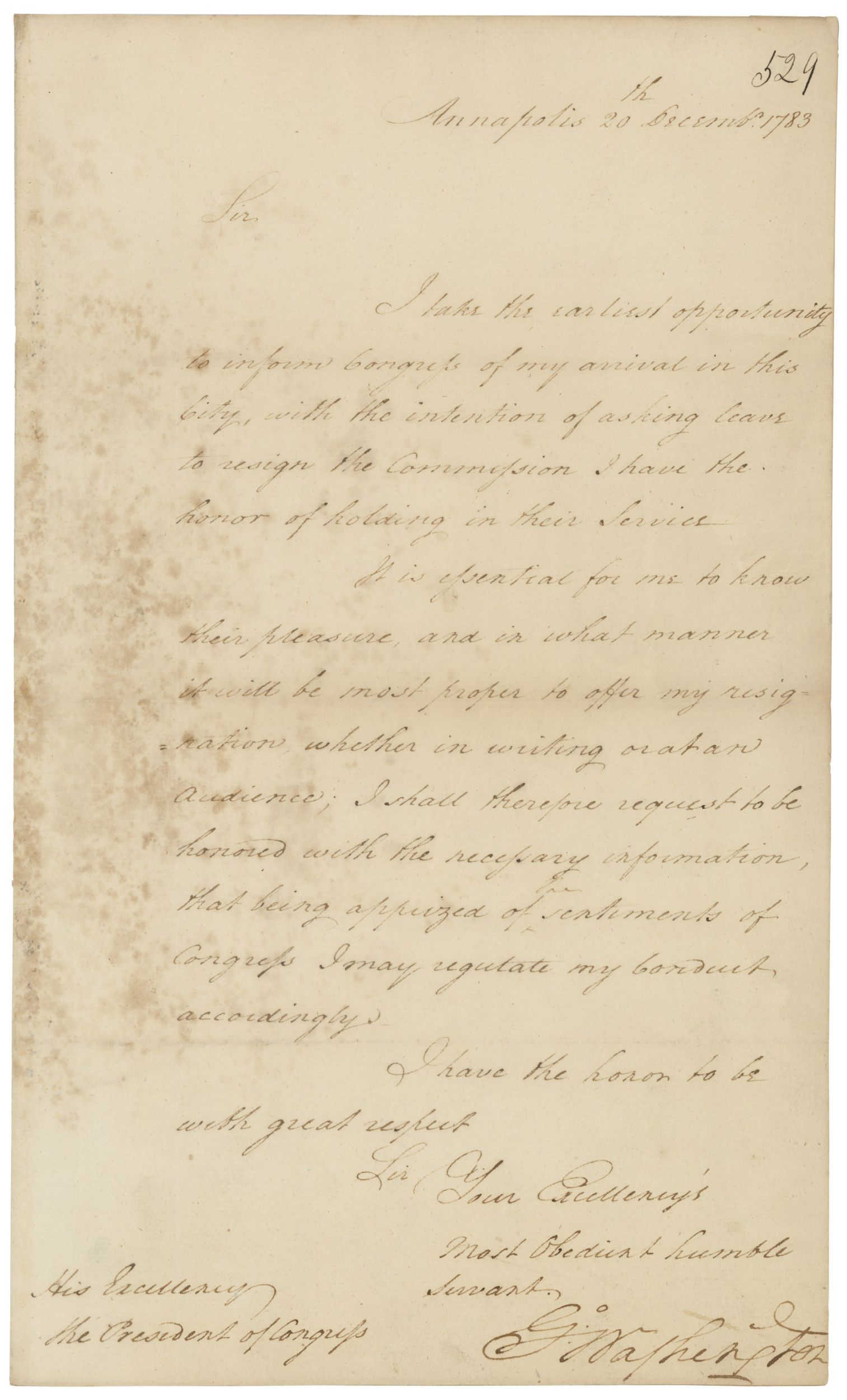George Washington
Questions for Reflection:
1) In 1951, the 22nd Amendment to the U.S. Constitution established a limit of two terms for American Presidents. Why do you think the framers of the U.S. Constitution did not set term limits for presidents? If you were a member of the Constitutional Congress, would you have been in favor of Presidential term limits? Why or why not?
2) President Franklin D. Roosevelt was elected president four times and served as America's thirty-second president from 1933 until his death in 1945. Do you think it was positive or negative to have a single leader from the end of the great depression into WWII? Why or why not?
3) George Washington feared that political parties could be used to "subvert the power of the people and to usurp for themselves the reins of government.” Do you believe political parties do more harm or good for America? Why? What alternatives to our two-party system could you envision?
4) President Washington feared excessive foriegn entanglements could weaken America and drag the nation into foreign wars. He instead advocated for a neutral policy of friendly commercial relationships with every foreign nation. Do you agree or disagree with Washington's isolationist approach to foreign policy? Why or why not? What should America's criteria be for entering into foreign conflicts?
5) Transfer of Power Theme Question: The United States has an impressive history of peaceful transfer of power that is rare in history and among the nations of the world. How did George Washington contribute to America's tradition of peaceful transfer of power?

Letter from Revolutionary War General George Washington to Congress (1783)
On December 20, 1783, at the end of the Revolutionary War, General George Washington arrived in Annapolis, Maryland. He wrote the letter below to the Continental Congress asking them how they would like him to officially resign his position as General, in person or in writing.
Three days later he would announce his resignation in person before the Continental Congress. Washington's resignation set a precedent for peaceful transfer of power as some had feared the powerful commander could have become another king or dictator. Washington instead chose to peacefully transfer power back to the Congress.

Transcript:
Sir
I take the earliest opportunity to inform Congress of my arrival in this City, with the intention of asking leave to resign the Commission I have the honor of holding in their Service.
It is essential for me to know their pleasure, and in what manner it will be most proper to offer my resignation, whether in writing or at an Audience; I shall therefore request to be honored with the necessary information, that being apprized of the sentiments of Congress I may regulate my Conduct accordingly. I have the honor to be with great respect Sir Your Excellency’s Most Obedient humble Servant
Go: Washington
Replica source: "George Washington’s Handwritten Farewell Address," The New York Public Library, Online Text. https://www.nypl.org/events/exhibitions/galleries/beginnings/item/3571








